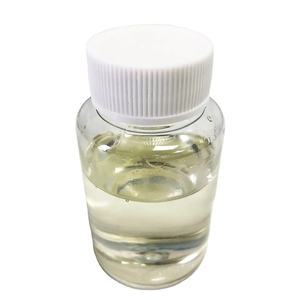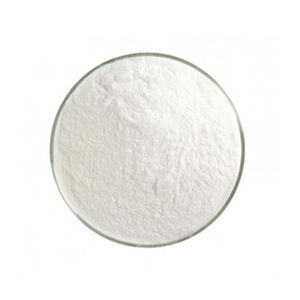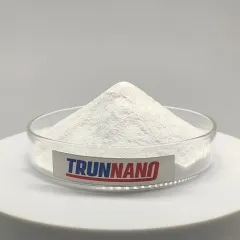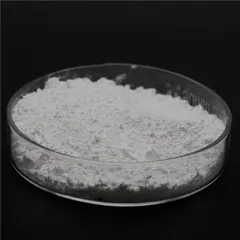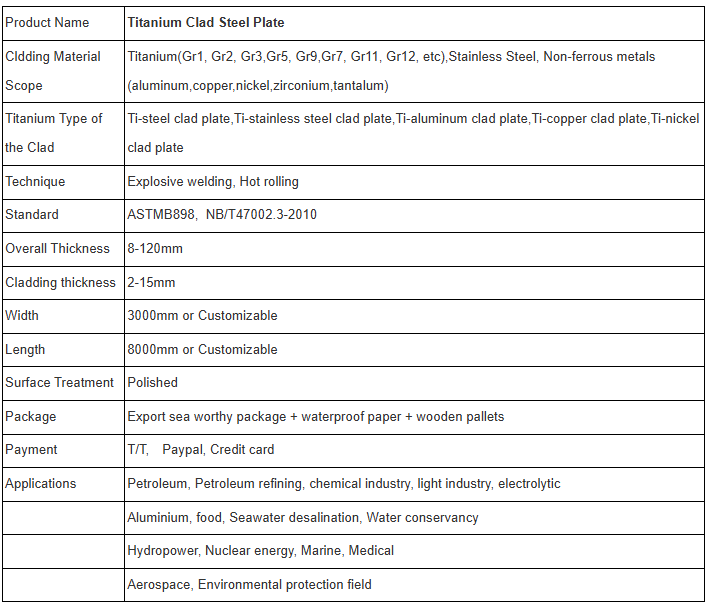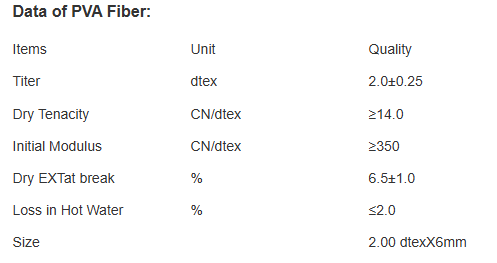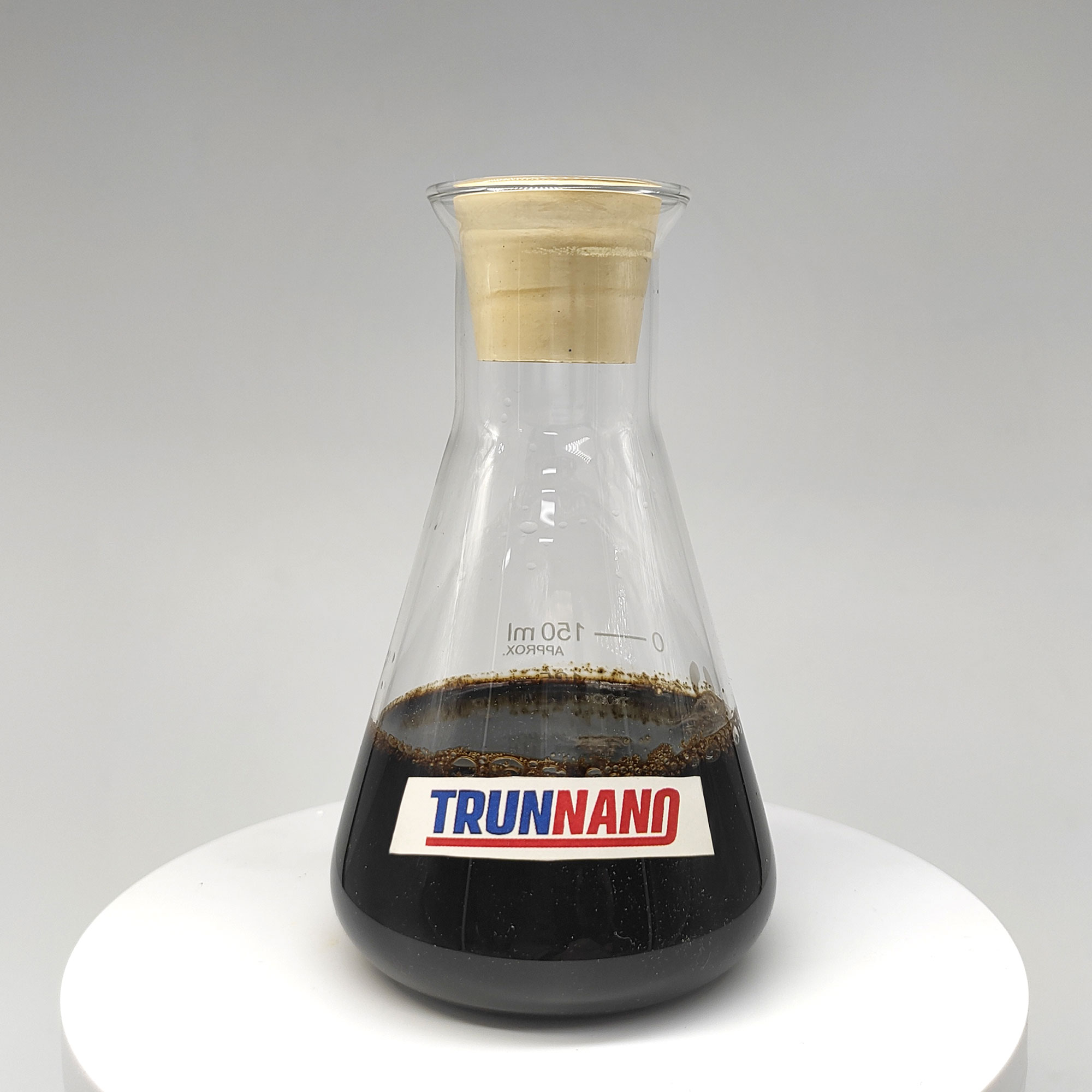Technical Parameters of Powdered Instant Salt Silicate (CAS 1344-09-8)
(Technical Parameters of Powdered Instant Sodium Silicate (CAS 1344-09-8))
Keep in mind: We can also tailor salt silicate powder with moduli of 2.45, 2.5, and 3.4 according to your requirements.
Our Variety Of Sodium Silicate Moduli
We provide powdered immediate salt silicate with moduli ranging from 2.0 to 3.3. Additionally, we can customize salt silicate powder with moduli of 2.45, 2.5, and 3.4 to meet your details needs.
Introduction
Among the escalating international concentrate on ecological conservation and sustainable advancement, sodium silicate, a critical inorganic substance, is amassing increased focus across diverse industrial domains. Also called water glass or soluble glass, salt silicate is a versatile inorganic substance. It not just plays a vital role in the building and paper sectors however is likewise a key component in detergent manufacturing. Recently, standard phosphorus-containing detergent additives like salt tripolyphosphate (STPP) have been phased out because of their extreme pollution of water bodies. Thus, the pressing requirement for reliable and green choices has arised. Against this backdrop, sodium silicate has actually gotten substantial interest due to its unique efficiency benefits.
Market Prospects
1. International Need
The international manufacturing of synthetic detergents is continuously expanding, with an increasing share of extremely concentrated powders. It is approximated that at least 230,000 lots of sodium silicate were required in the year 2000 alone to fulfill market demand. Currently, the international manufacturing of salt silicate is limited, causing a considerable supply-demand space, which shows considerable development potential. As worldwide customers progressively demand top quality living standards, the requirement for eco-friendly cleaning agents will certainly likewise climb, even more driving the growth of the salt silicate market.
2. International Competitiveness
Compared to a lot of global counterparts, Chinese-produced salt silicate not just uses a considerable price advantage but likewise boasts exceptional top quality, making it extremely affordable for export. For example, in the USA, the FOB rate for sodium silicate is around $51.15 per 100 extra pounds, while prices in Europe are even greater; this makes Chinese-produced sodium silicate highly competitive in the worldwide market. Via continual technical innovation and high quality enhancement, Chinese-produced salt silicate is positioned to catch a larger share of the worldwide market.
Summary of Salt Silicate
Sodium silicate is a substance formed from silicon dioxide (SiO ₂) and sodium oxide (Na ₂ O), usually stood for by the formula Na ₂ O · nSiO ₂. Depending upon the worth of n, different types can be classified. Sodium silicate displays outstanding solubility, a high pH, and superior cleaning residential properties, making it an excellent detergent additive. Past its usage in cleaning agents, sodium silicate is extensively made use of in the building market as a waterproofing material and sealant. In the paper sector, it enhances the stamina and level of smoothness of paper. Additionally, it locates applications in textile dyeing, oil removal, and other fields.
Production Refine of Salt Silicate
1. Basic Material Preparation: Use water glass (or quartz sand) and caustic soft drink as base materials.
2. Dissolution Stage: Mixing the raw products and heating them to an ideal temperature to promote dissolution, making certain all components are completely mixed.
3. Crystallization Treatment: Managing problems to develop details crystal structures, requiring precise regulation of temperature level and stress criteria.
4. Filtration and Separation: Making use of plate and frame filters to remove excess water and contaminations, guaranteeing product pureness.
5. Drying out and Shaping: Employing spray drying technology to minimize the dampness material even more, eventually forming a powdered final product, which is easy to shop and transport.
( sodium silicate)
Cost-Benefit Analysis
1. Variable Costs: Around $346.71 per ton, including resources (water glass/quartz sand + caustic soda), power intake (power + gas), and labor costs.
2. Fixed Prices: Around $141,400 each year, covering depreciation and maintenance of fixed properties, administration charges, interest on lendings, and other expenses.
3. Total Expenses: Taking into consideration all elements, the estimated cost per ton of completed product is around $385.71.
4. Sales Earnings: With an approximated asking price of 642.86 per bunch, the revenue margin is about 642.86 per ton, theprofitmarginisabout257.15 per bunch.
5. Economic Advantages: The yearly outcome worth can get to 3,214,300, contributingapproximately3,214,300 contributingapproximately1,285,700 in tax obligation income.
Final thought
In summary, salt silicate, with its remarkable technological efficiency and reduced production expenses, demonstrates fantastic possible in replacing standard phosphorus-containing ingredients. Provided the tightening ecological regulations and the escalating customer hunger for premium living criteria, the research study, development, and commercialization of sodium silicate will undeniably work as a critical catalyst in advancing the international detergent sector’s advancement. For capitalists, entering this field not just boosts the business’s social responsibility picture yet additionally brings substantial economic returns and social advantages. As technical improvements unfold and the marketplace broadens, the potential applications of sodium silicate are comprehensive and value comprehensive exploration and advancement by pertinent enterprises and research study bodies.
High-grade Salt Silicate supplier
TRUNNANO is a supplier of Sodium Silicate Materials with over 12 years of experience in nano-building energy conservation and nanotechnology development. It accepts payment via Credit Card, T/T, West Union and Paypal. Trunnano will ship the goods to customers overseas through FedEx, DHL, by air, or by sea. If you want to know more about sodium silicate in water treatment, please feel free to contact us and send an inquiry(sales5@nanotrun.com).
All articles and pictures are from the Internet. If there are any copyright issues, please contact us in time to delete.
Inquiry us




